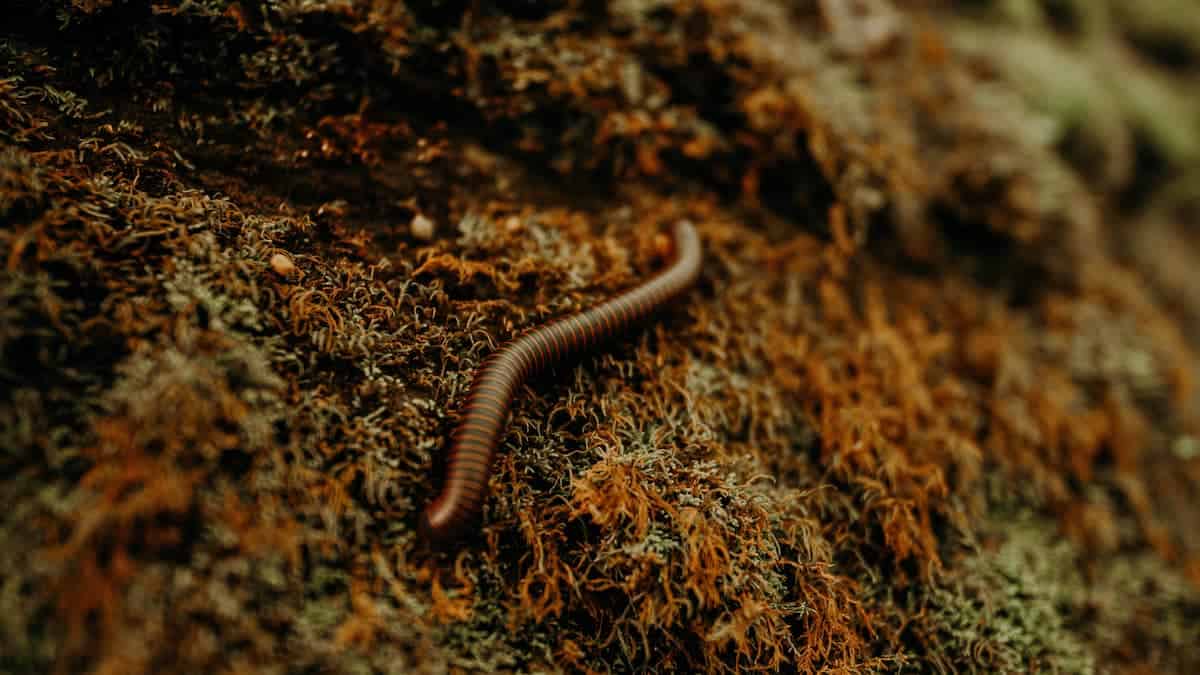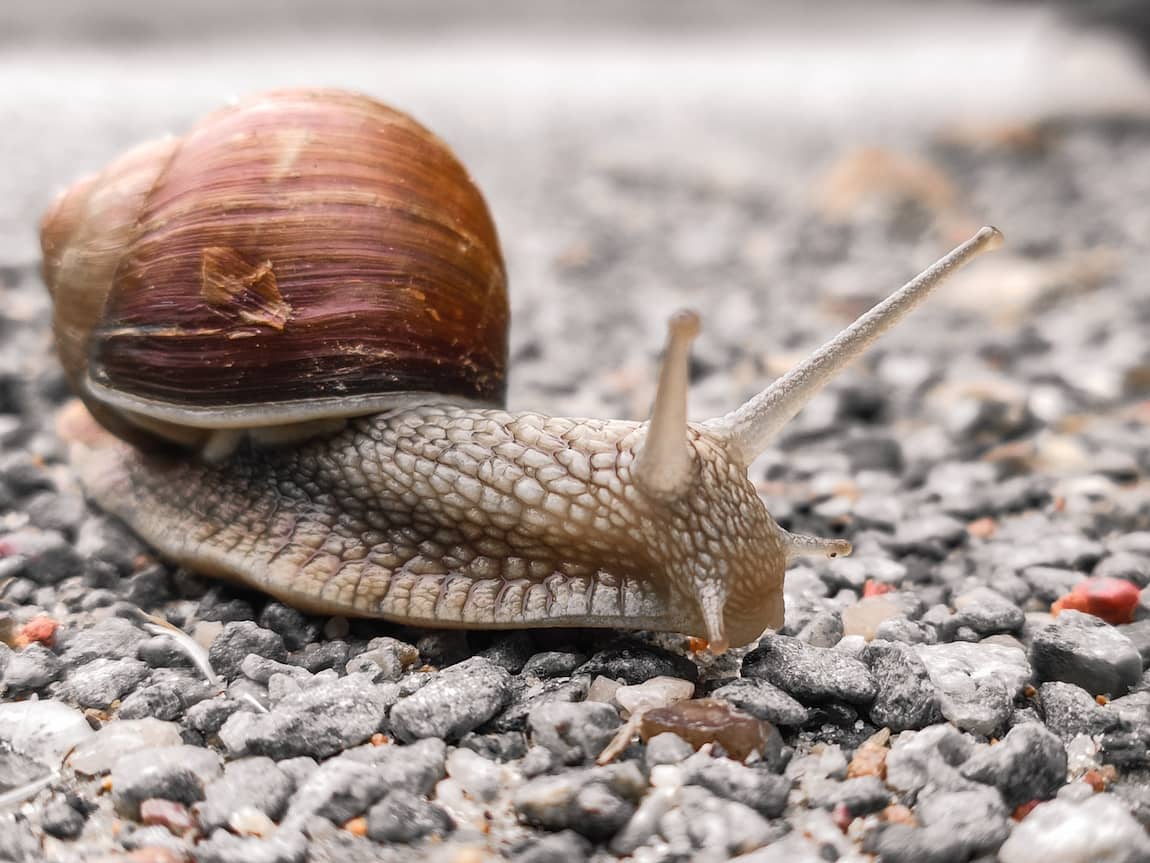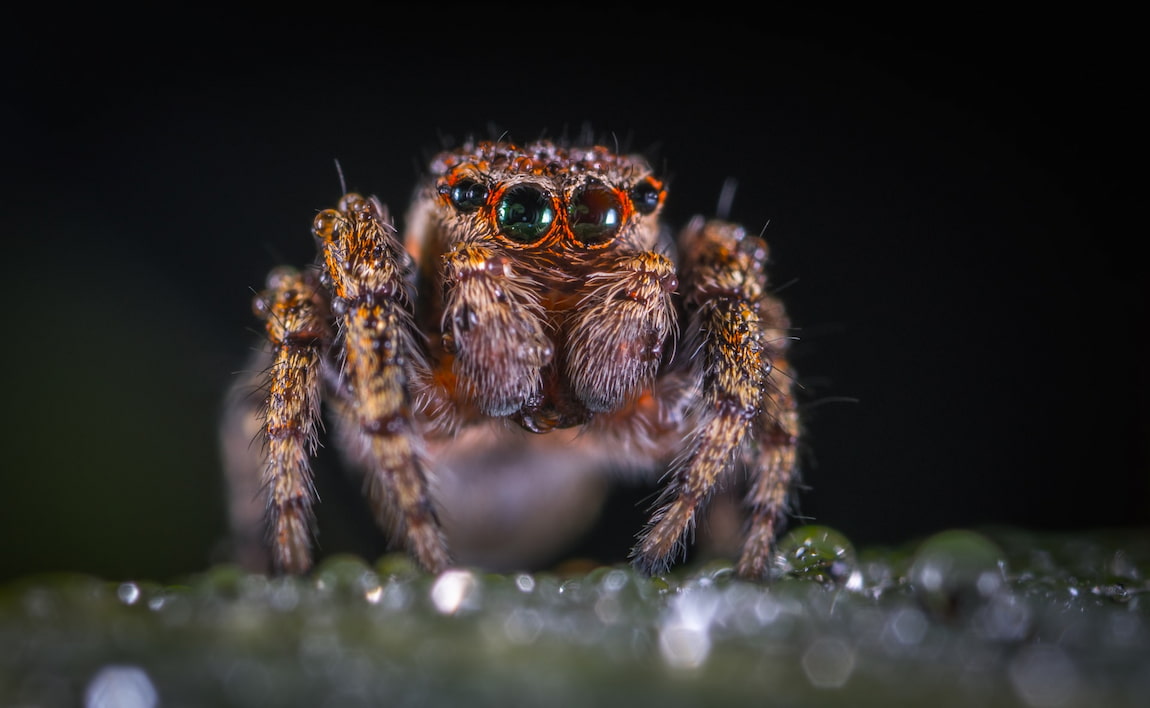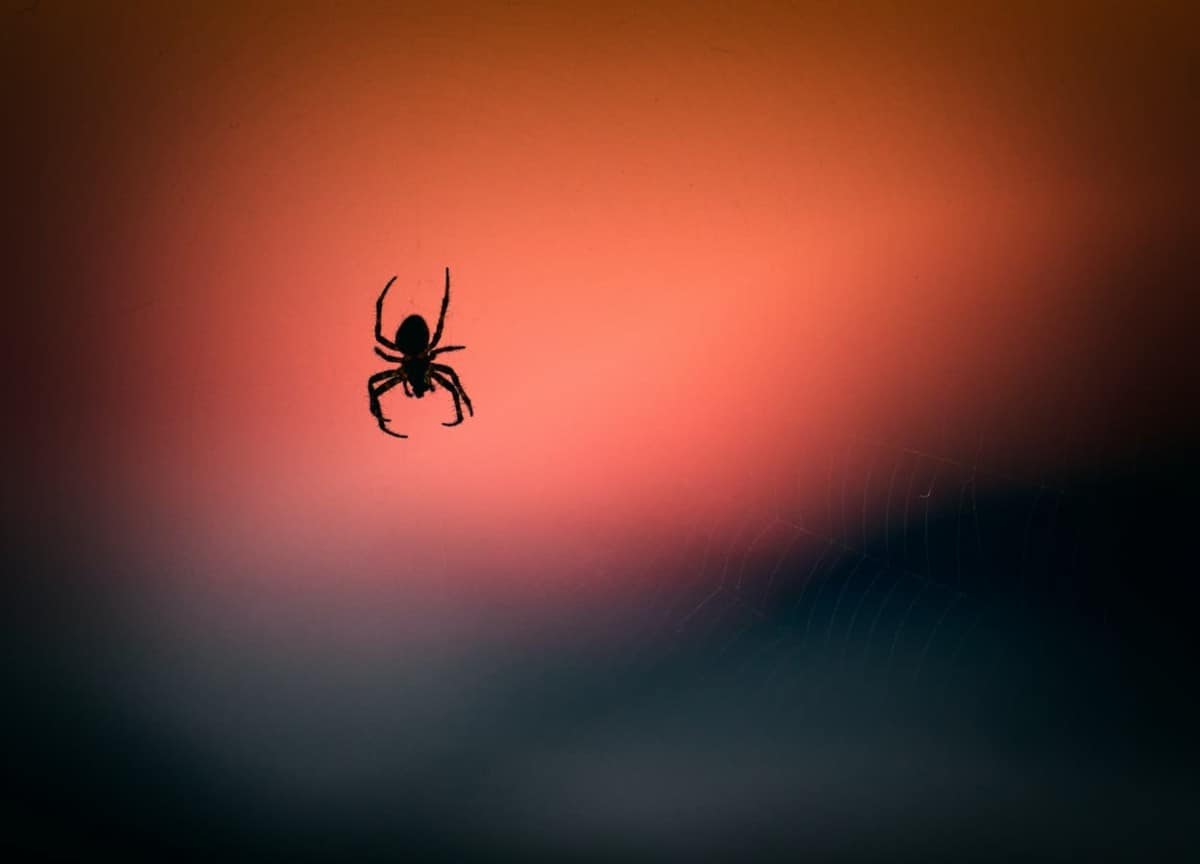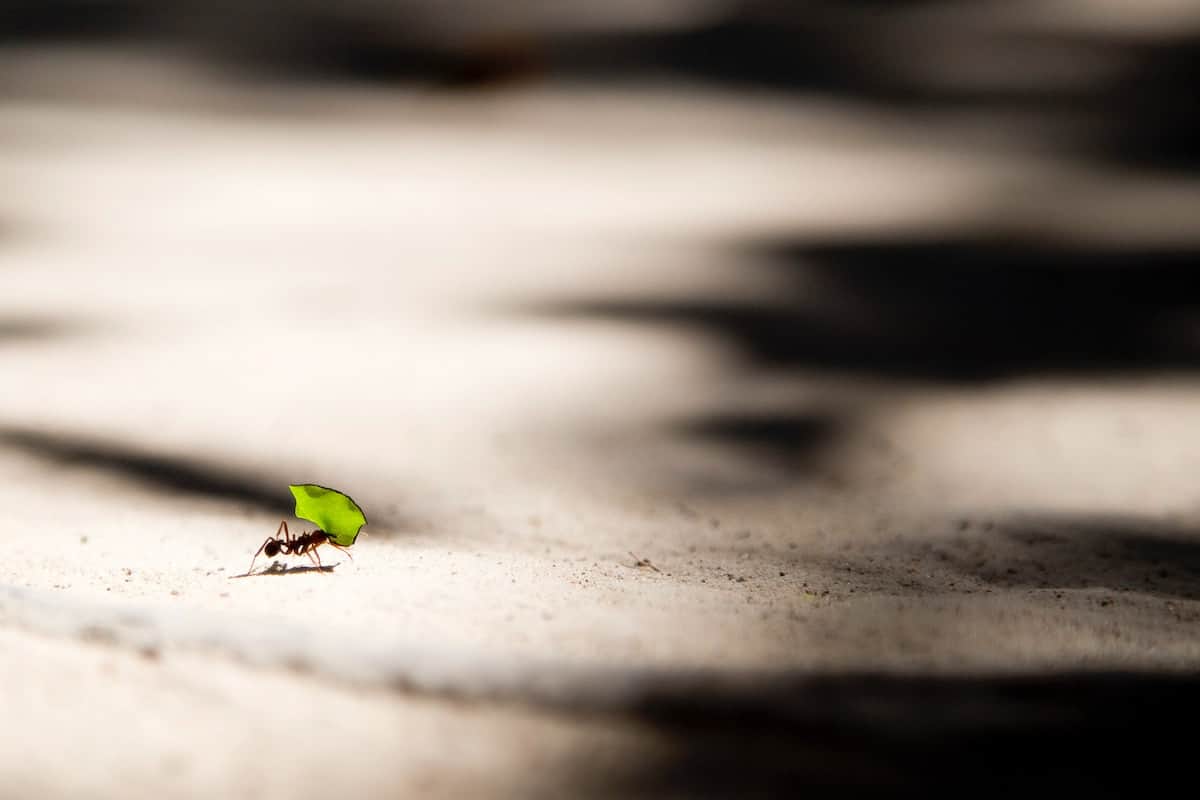Most individuals rarely ever see worms and probably rarely ever think about them. However, some interesting facts about their sleeping behavior can correlate to other animals. This article will detail everything there is to know about worms and their sleeping behaviors, going in-depth into how they are similar and different from other animals, insects and humans due to their biological makeup.
Do Worms Sleep?
Yes, worms sleep, although not in the regular sense that humans do. There are approximately 20,000 species of worm, and all of them conduct sleep in a similar fashion.
A study conducted by Paul Sternberg, a biology professor at Caltech, had the idea that perhaps multiple peptides would work together to control the aspect of sleep, including its behavior, and it may apply to other animals.
The tests on tiny roundworms showed that neuropeptides (proteins that regulate the neural activity, including feeding and reproducing) controlled different sleep behaviors.
When these neuropeptides were removed from the worms, they were prevented from them being able to sleep. However, when the researchers added the neuropeptides back, the worms’ sleeping behavior was restored. In conclusion, the study’s lead author, Ravi Nath, said, “The different neuropeptides may act in parallel to control the sleep state.”.
This means that these neuropeptides are directly responsible for worms being able to sleep.
How Do Worms Sleep?
Although worms do not adhere to a day and night cycle (circadian rhythm) like humans and other mammals, their sleep-like behavior is similar in that they will stop moving, relax and uncurl their bodies.
The similarities continue with worms showing reduced neural activity when they sleep as well as being less responsive to stimuli.
A study showed that worms also sleep more when tired and will rest for longer periods of time if they are sleep-deprived and would repeatedly fall back asleep if they were constantly woken up.
It should be noted that worms, when exposed to severe conditions, will not uncurl their bodies when they sleep, but they will rather curl up very tightly instead. We will discuss this characteristic in more detail later on.
Where Do Worms Sleep?
Unlike insects that can be found sleeping almost anywhere, worms (classified as invertebrate animals) will sleep in their burrow within the soil.
This is because they require favorable conditions to sleep when moving through their development process and when they need safety after exposure to severe conditions.
When Do Worms Sleep?
Although worms will not sleep on a day-to-day basis, their sleep-like behavior will occur at various points (specific stages) in their development process. Worms will enter this state of “sleep” when they transition from one larval stage to another.
They will also sleep when they are affected by other external factors.
What Other Factors Affect A Worms Sleep?
Not only does moving through the various stages of the development process affect when a worm sleeps, but other factors will also contribute to their sleep, which will include;
- Stressful events
- Being exposed to severe hot and cold temperatures
- Exposure to toxins
When a worm was exposed to these conditions, it would retreat into its sleep-like state. Additionally, if a worm was not able to sleep after being affected by these, it would most likely not survive.
The research found that the protein contributing called VAV-1 was needed for the protective efforts of post-stress sleep. After being subjected to hears of 40 degrees Celsius (104 degrees Fahrenheit), worms that did not have this protein were substantially ever more likely to die within days of the experiment.
However, they also found that this protein, although necessary for post-stress sleep, was not linked to the sleep that occurs when worms go through the development process (through their larval transitions).
How Long Do Worms Sleep?
After being exposed to stressful conditions, worms will take a nap that can last several hours.
Research conducted on lobworms indicated that during a 24-hour period, their largest amount of activity was conducted from dusk until dawn. As such, during the less active periods of the day, their oxygen intake (consumption) was shown to be its lowest, and physiological tests were conducted on the worms to determine their level of neuro activity during this time.
It was found that during this time and stressful events such as drought and adverse soil conditions, the worms would enter a dormant state known as diapause. This is the same state that ants enter during the wintertime.
The worms would line their chamber in the soil, curl up into a tight ball (to prevent moisture loss) and stay like this until conditions were more favorable.
Conclusion
We discovered that worms do indeed sleep, and although they do not adhere to the same sleep as humans do, some do show similar characteristics.
Worms will sleep or rest during long periods of inactivity during the day when they are moving through their various larval stages and when they have been exposed to severe conditions like extreme heat and cold, toxins, adverse soil conditions, and drought.
